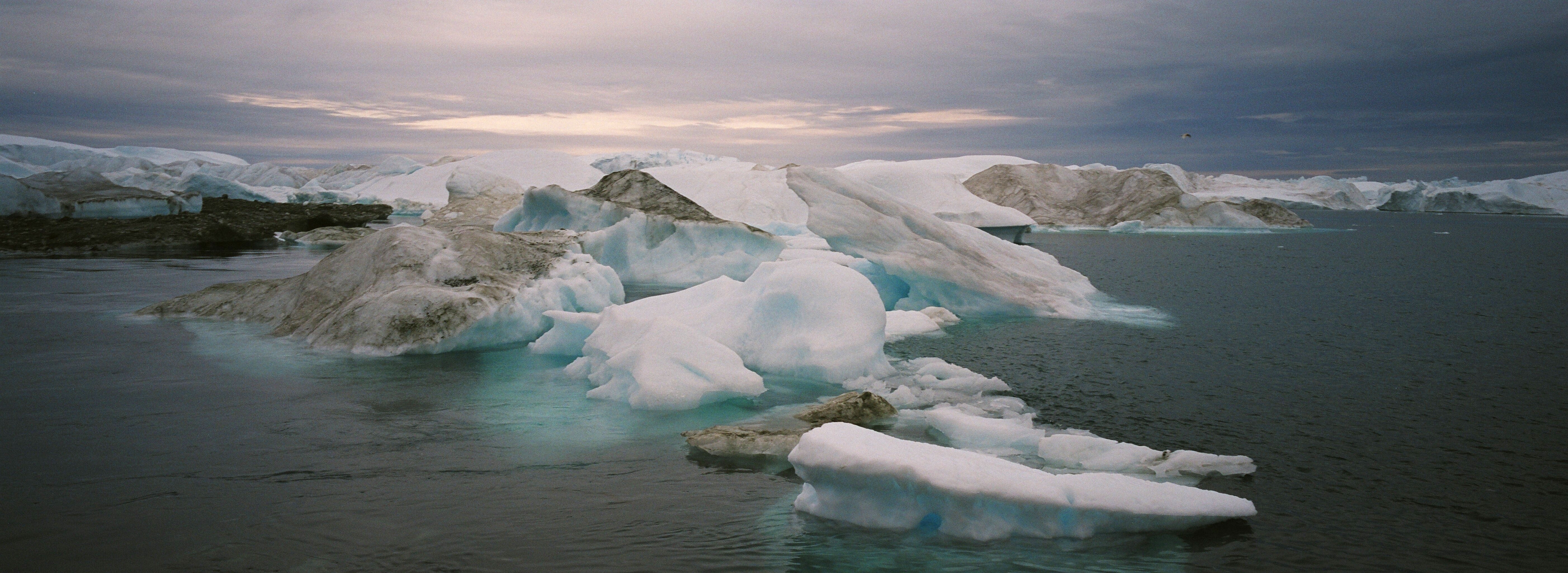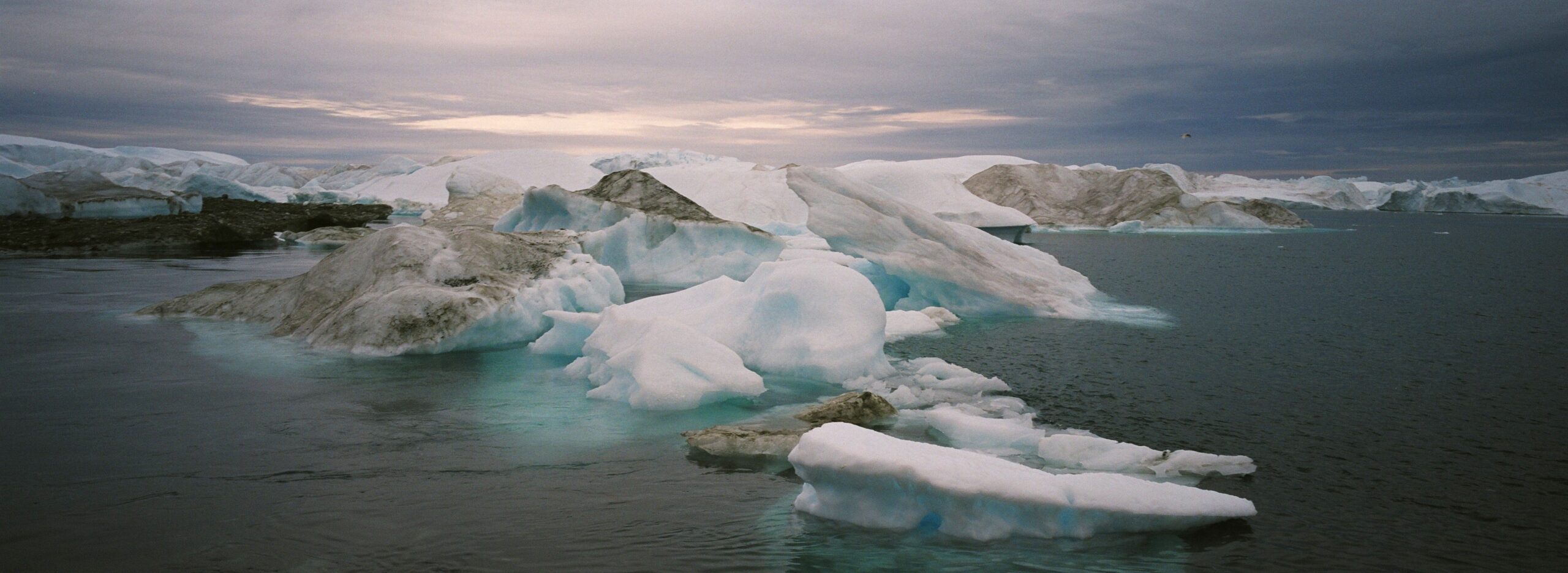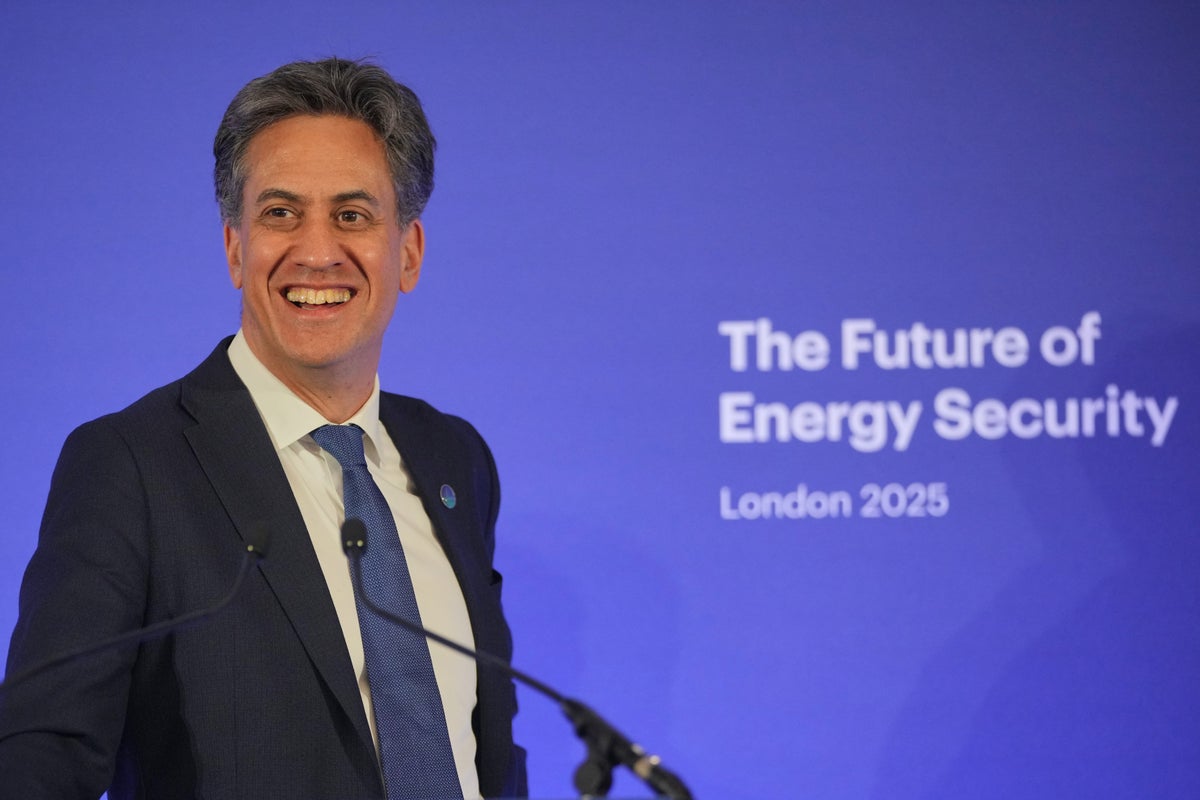British scientists could experiment with techniques to block sunlight as part of a £50 million government funded scheme to combat global warming.
The geo-engineering project is set to be given the go-ahead within weeks and could see scientists explore techniques including launching clouds of reflective particles into the atmosphere or using seawater sprays to make clouds brighter.
Another method involves thinning natural cirrus clouds, which act as heat-trapping blankets.
If successful, less sunlight will reach the earth’s surface and in turn temporarily cool the surface of earth.
It’s thought to be a relatively cheap way to cool the planet, but critics have warned it could cause catastrophic disruption to weather patterns and even shift rain from areas that are vital for food production.

Other scientists say geo-engineering could reduce the drive to stop burning fossil fuels, which is the root cause of climate change.
The project will be funded by the Advanced Research and Invention Agency, known as ARIA.
The government has set aside £50 million for the controversial experiment, but in total it has been given £800 million of taxpayers’ money to use over the next four years.
Professor Mark Symes, the programme director for ARIA, who is heading the geo-engineering project, said: “Decarbonisation is vital, but our current progress puts us at risk of triggering a large number of temperature-induced climate tipping points.
“This programme will explore critical unanswered questions as to how (or whether) we might cool the Earth safely and responsibly on the timescales required to avoid climate catastrophe.”
In a document published by ARIA last year he gave examples of such tipping points including the melting of the Artic winter sea ice, loss of the Amazon rainforest and consequent ecosystem loss, and collapse of the major land-based ice sheets, leading to significant global sea level rises.
He explained that although the solution is to cease the burning of fossil fuels and eliminate excess greenhouses gases, this may not happen fast enough to prevent the onset of these tipping points.
Instead, he hopes this project will help us “buy time to decarbonise”.
Professor Symes said the project would not use toxic substances and that an environmental impact assessment would be published before any outdoor experiments and that communities in the area would be consulted.
Further details of the projects are expected to be published in the following weeks.
Source: independent.co.uk



